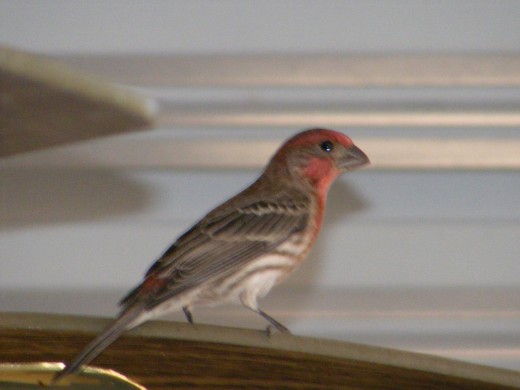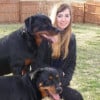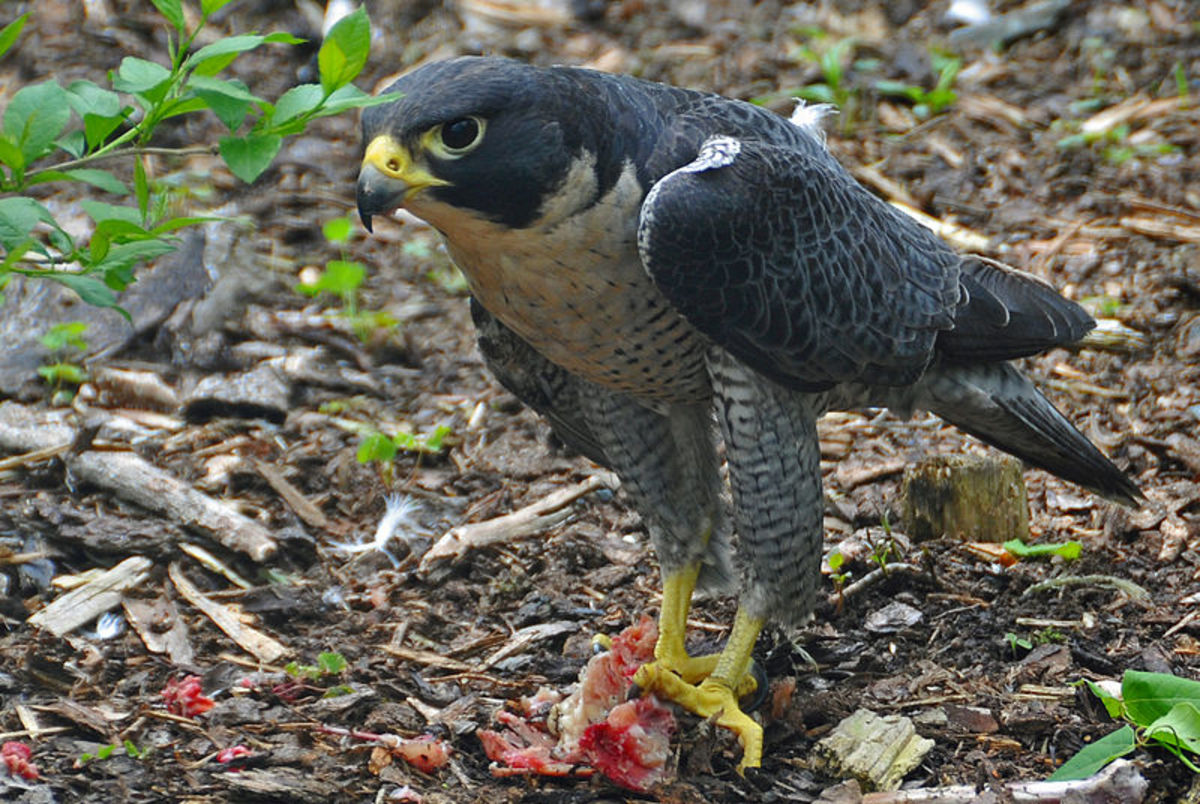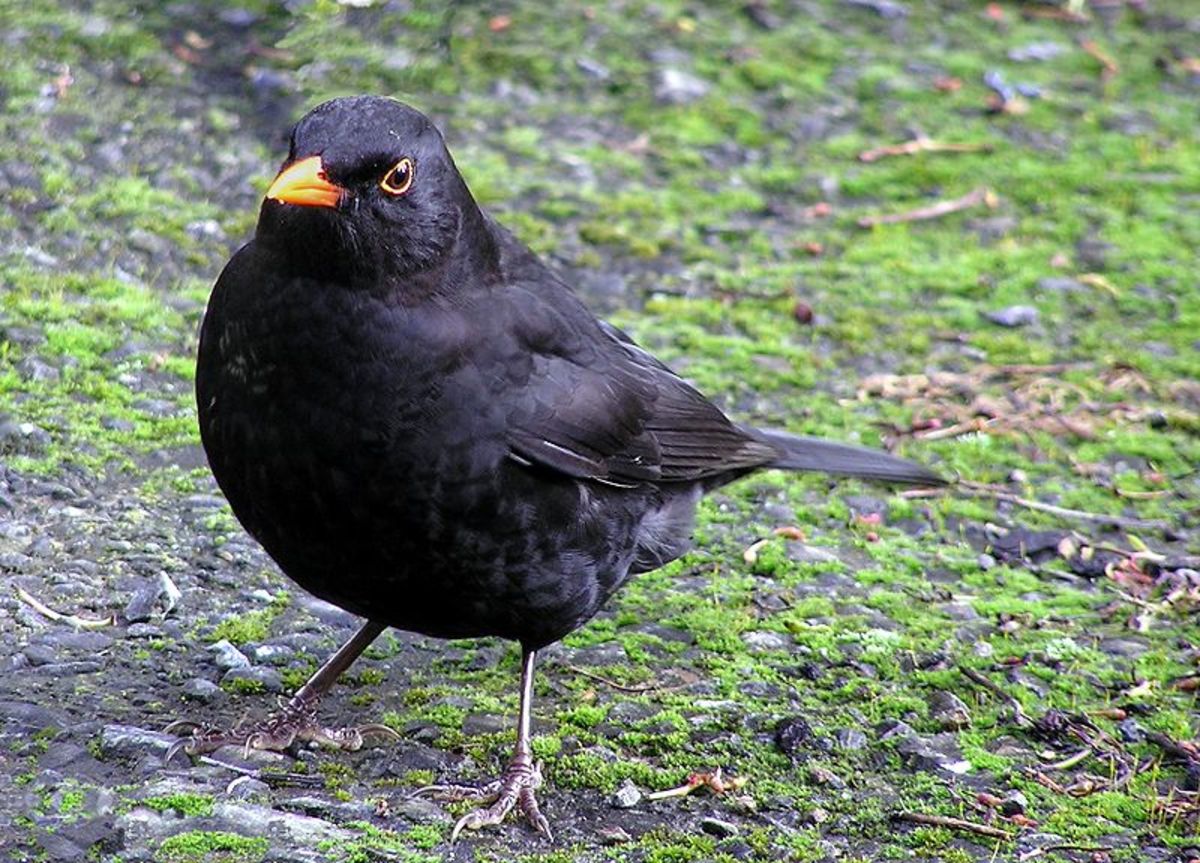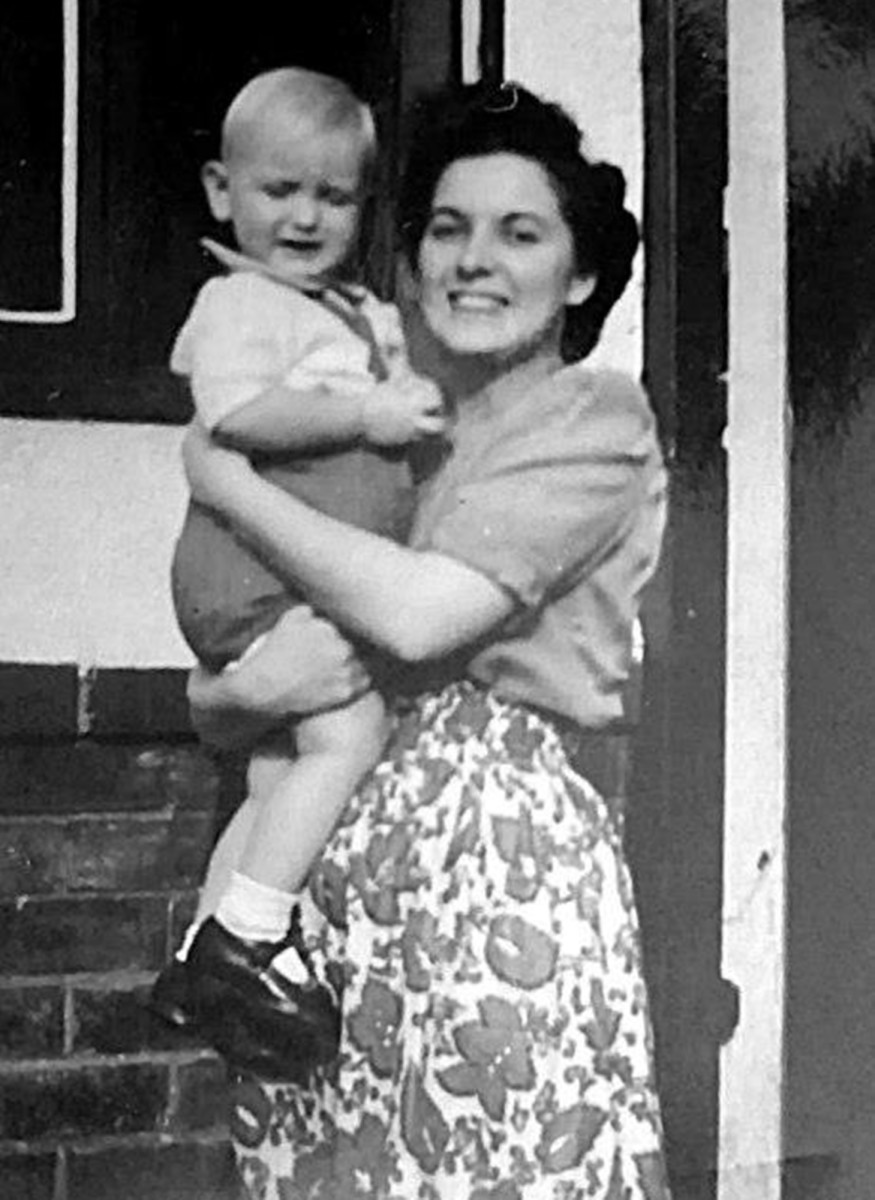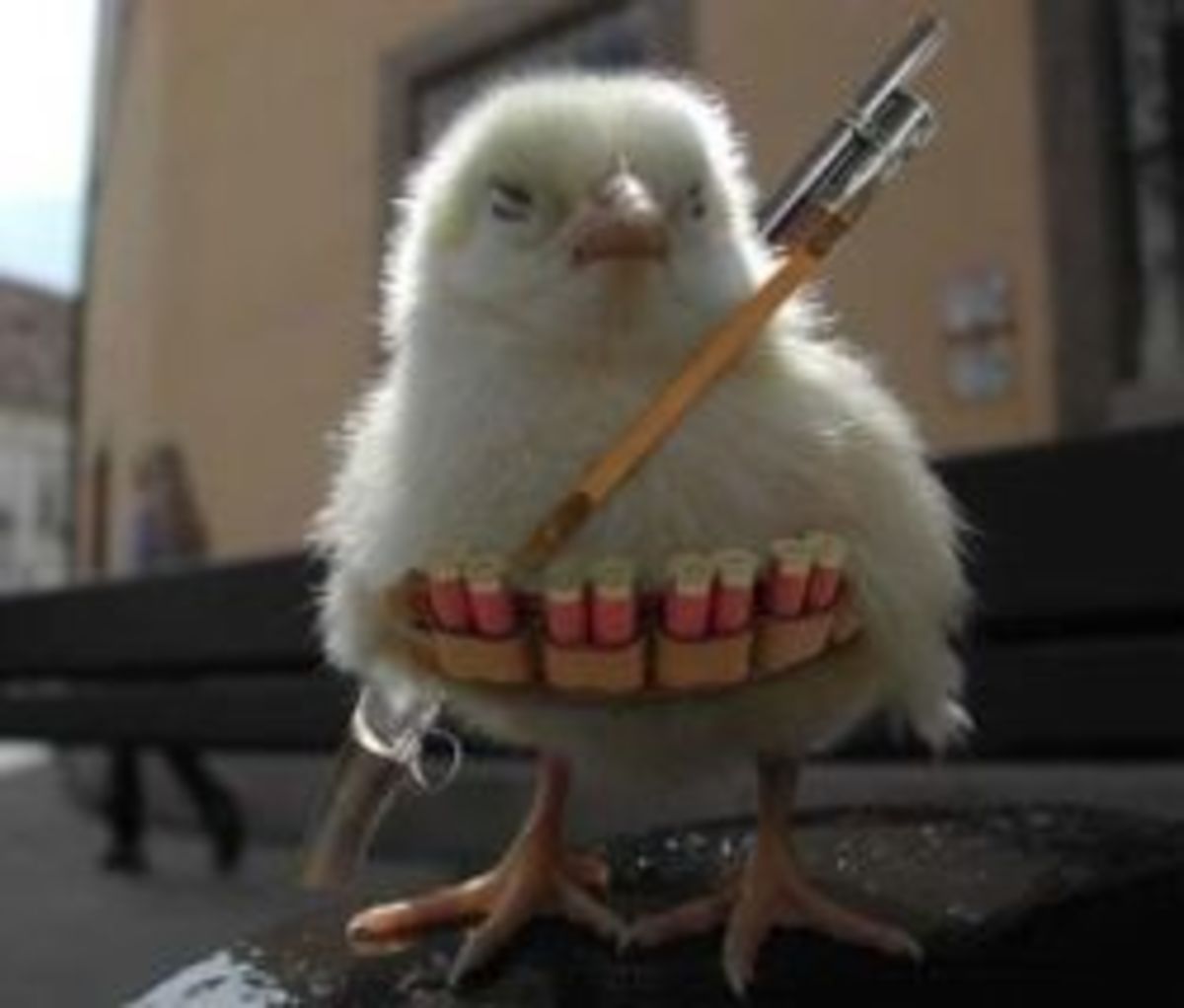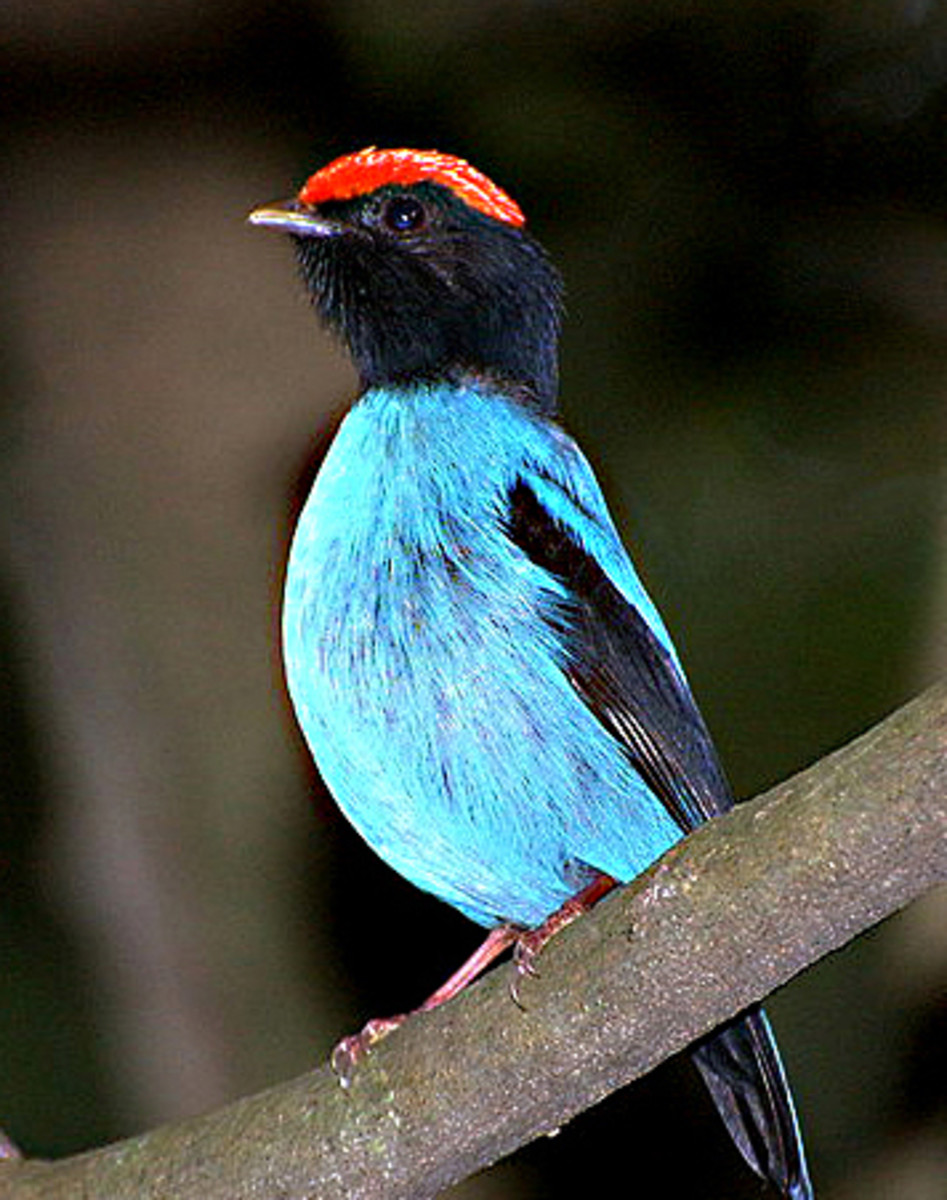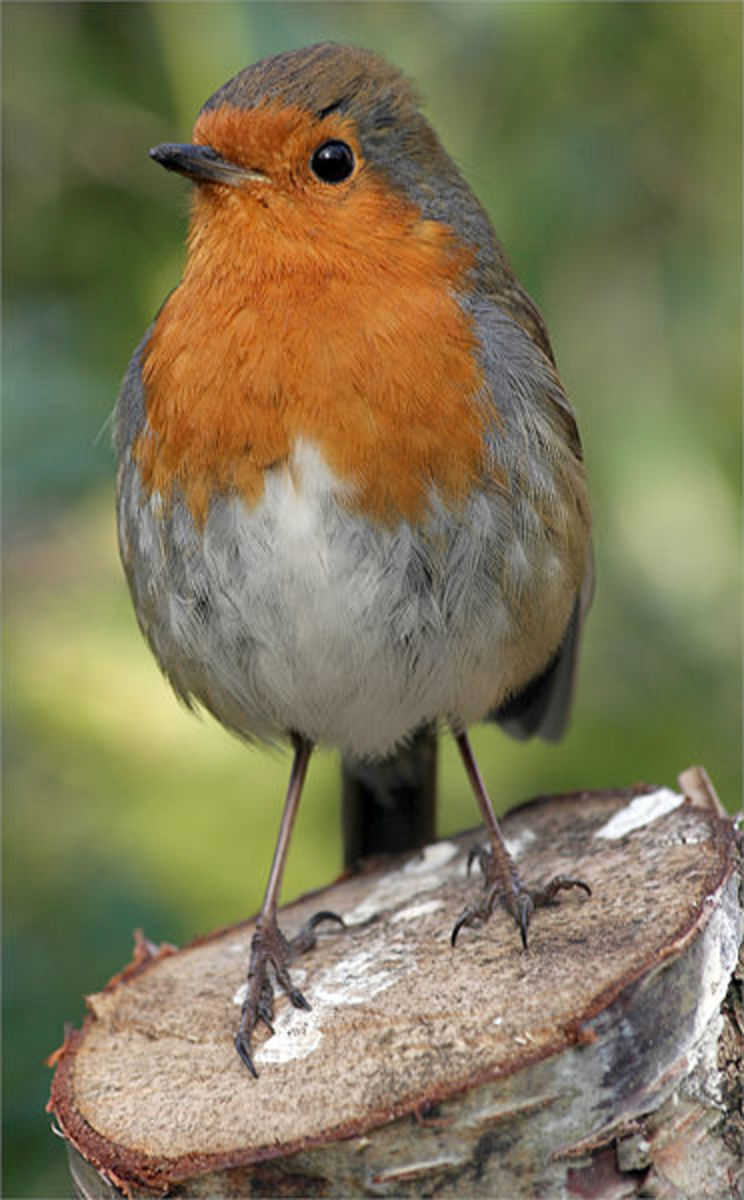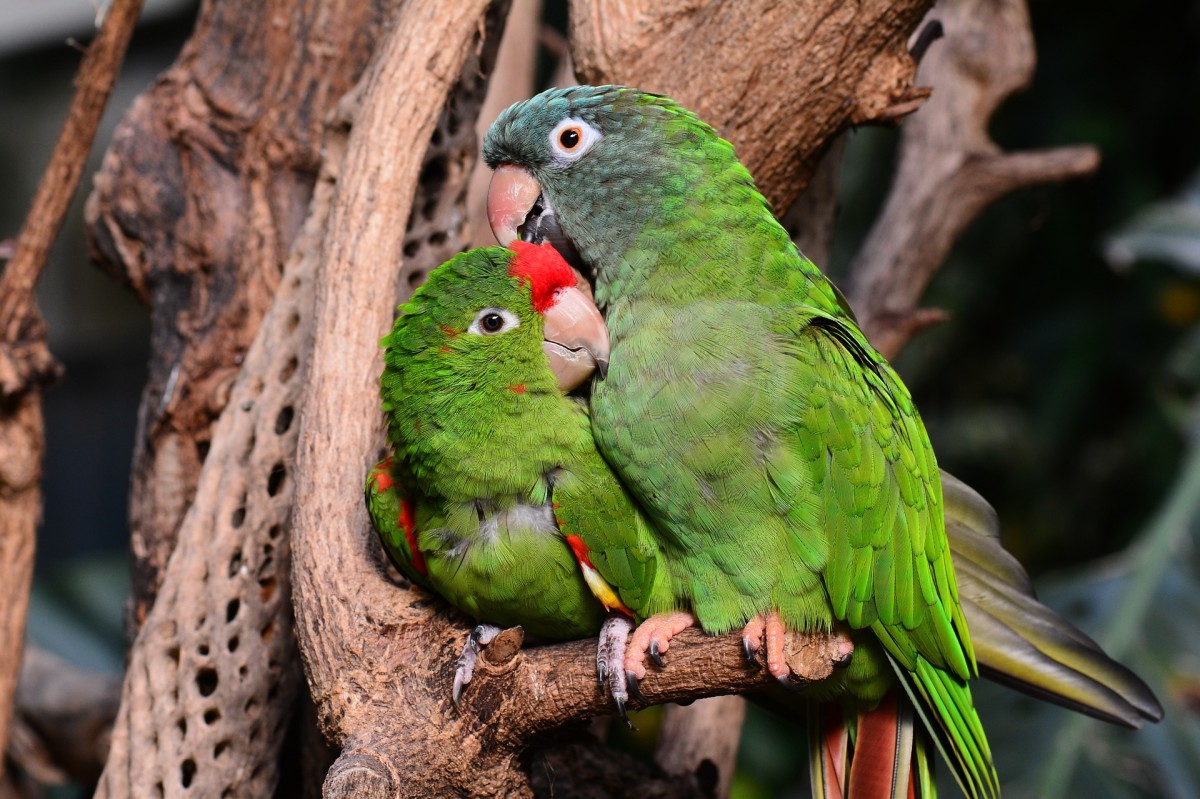How to Stop a Bird from Biting
While the prime positions of biting offenders are taken over by dogs, there are also birds that as innocent as Tweety as they may look, may still resort to grinding mercilessly their beak into your flesh without second thoughts. If you own a bird , that has a Jekyll and Mr. Hyde attitude, cute and friendly one minute and vicious biter the next, rest assured your are not alone. There are plenty of biting avian companions out there and plenty of owners dealing with the same problem.
First of all it is important to ensure your bird is a true biter. It would not be fair to accuse your bird of biting when all it is doing is using its beak to explore the world around him. Often birds resort to using their beak in order to ''test'' the perch they are about to climb on to ensure it is safe or they may use their beak simply as a third hand. It is natural for birds to use their beaks even though it might not be something to look forward to when used against you. However, rest assured that your bird is not doing it in a malicious way.
Now a true biter is a different story. These birds can tell you from their body language that they had an intent to hurt you. Unlike using their beak to test their surroundings, these birds use their beaks and mouths to delivery injuries quite often resulting in leaving a visible dent in the skin, or worse, breaking the skin causing it the bleed. Some parrot owners have even developed unsightly scars from their biting feathered friends.
In order to stop your pet bird from biting you must first try to understand why he is biting in the first place. It would be unfair to treat a frightened bird as an aggressive one, possibly causing more damage than good. Following are some explanations of why birds bites.
Causes of Biting in Birds
-Fear
Your bird may be a fearful biter, meaning he bites only when he fears something. For instance, some may birds may become defensive if they are handled roughly or when they are startled. Owners must understand that in nature, birds will rarely confront their fears and will fly away rather than fighting. However, in a home environment, the bird is incapacitated from escaping due to being cornered in a cage and therefore, they may feel forced to use their ultimate line of defense.
If you are able to understand what your bird is fearing you want to try your best to not expose your bird to the source of his fear. However,if this is inevitable, you can also try to desensitize your bird from exposing him to the source of his fears from a distance and by praisingand giving treats when your bird remains calm. It may take a few weeks until you may be able to allow your bird to get closer to the source of his fears and remain calm.
-Dominance
Yes, there are birds with dominant behaviors that need to be placed off their pedestal. These birds are often territorial birds that will usetheir biting to get what they want. Some may not want you near their cages, other may not want you to trim their nails, others may try to keep you away from their best buddy, the reasons may be various, but the goal is the same; to see you retreat and claim victory.
Birds on the pedestal, need to be taught that at the top of the rank is the owner. This can be accomplished by teaching your bird some basic commands such as the ''step up'' command or the ''up'' and ''down '' commands where the bird is trained to move from one perch to another or back and forth from your finger to the perch etc. All this should be done in a neutral setting where the bird is less likely to display territorial behaviors.
Dominant birds should be praised for good behavior and scolded for bad. Never hit a bird! You should also avoid yelling which may only excite your bird. Instead upon biting, raise your head higher than the bird's and say ''no'' in a firm voice without yelling. Unbalancing a birdattempting to bite can also be effective. For instance, if the bird is on your hand when he attempts to bite, move your hand in a way that will cause your bird to slightly lose balance without risking him to fall.
-Hormones
When cupid strikes your bird he may turn into a temporary Otello attempting to bite you if you try to approach his precious mate. This hormone driven aggression is often temporary, once those hormones are normal again, he may lose interest in his mate and lower his guard.
-Health Issues
A sick bird can easily become a grumpy bird. This is an understandable behavior, nobody likes to be handled when not doing well. It is best to have an avian veterinarian take a look at your bird if he appears withdrawn and unusually grumpy.
Whatever the reason your bird is biting try to remain calm and do not pull your hand immediately away. While it is an instinct to withdraw a hand or finger upon being bitten, you must refrain in doing so in order to prevent major tissue damage. Your bird as well, will learn much more if you refrain from withdrawing immediately, especially when dealing with a dominant bird. This teaches him that there will no drama whatsoever from his bite and that his biting will not send you away as he desires.
With time, consistency and patience, you will be able to modify your bird's unwanted behavior and turn your bird finally into a friendly companion you enjoy to be with.
